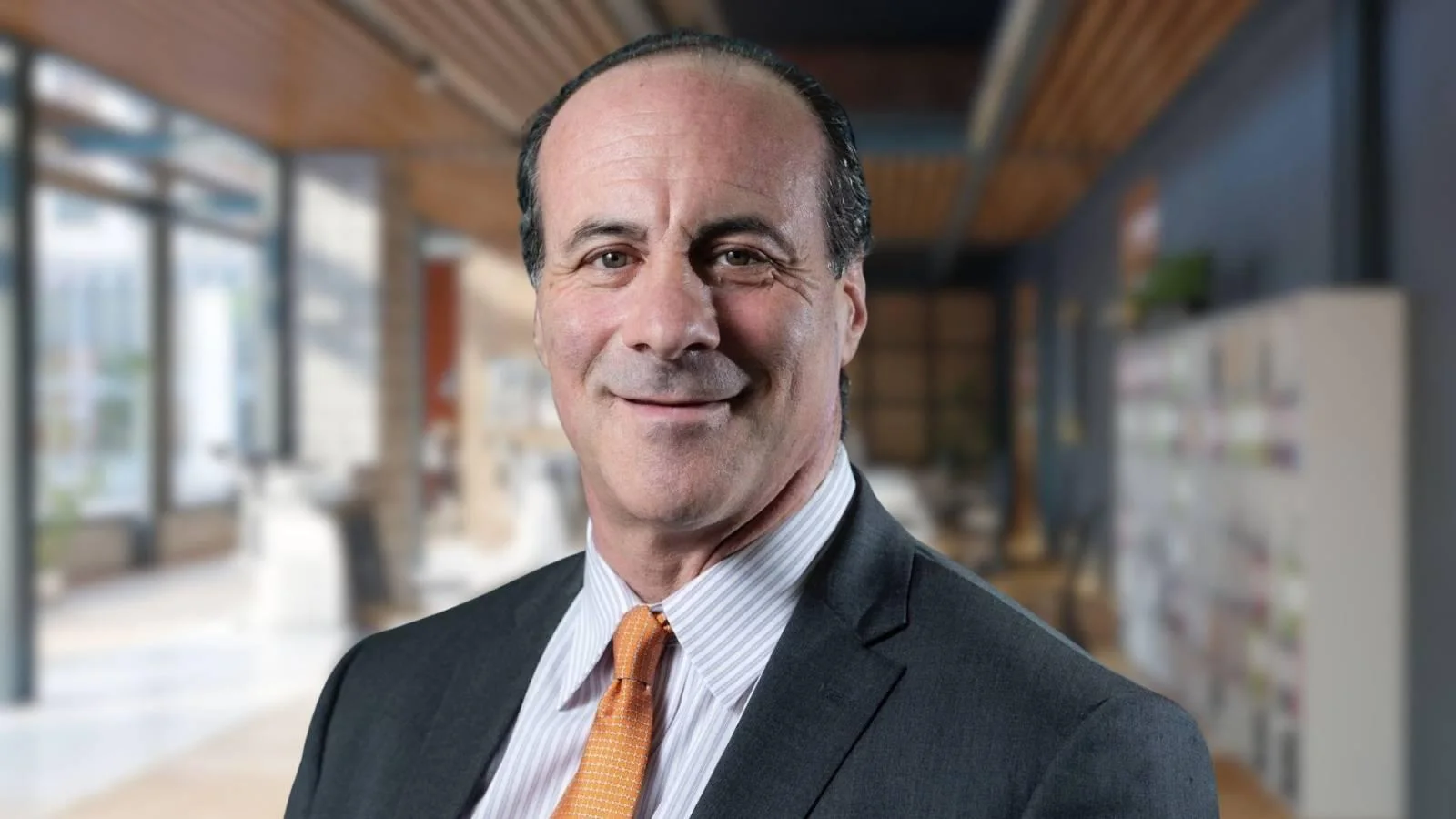Seth Hertlein, the Global Head of Policy at Ledger, a Paris-based digital asset wallet provider, has countered the widespread public belief that cryptocurrency is a common tool for criminals. According to Hertlein, illicit activity is more prevalent in the traditional financial system. His comments were featured in the Cap Hill Crypto newsletter's January 5 edition.
CEO of AUSTRAC on non-AML compliant crypto exchanges: They 'can expect to hear from us'

Memecoin LIBRA in Argentina: A look back at a future state scandal? Crypto Dossier

U.S.-Listed Bitcoin Miners Are Growing Their Share of the Network Hashrate: Bernstein

Blockchain Wars: BNB Chain Overtakes Solana and Ethereum in Daily Fees

Former prosecutor of DOJ: The corporate monitorship system is 'in dire need of reform'

CEO of Crypto Council for Innovation: 'SEC initiated more than 125 enforcement actions' but issued 'no clear guidance or rulemakings'

District Judge on Coinbase lawsuit: Coinbase 'sells digital assets qualifying as "securities" without registering with' SEC

Bitcoin: Michael Saylor and Strategy add 7,633 BTC to their treasury

USDC hits $56.3B market cap, regains losses from bear market

U.K. Man Wants to Buy Landfill Site in Search for Lost $784M of Bitcoin: Report

European Central Bank (ECB) hopes Trump's pro-crypto policy will accelerate digital euro

Chairman of Czech Cryptocurrency Association on new crypto laws: ‘Key part of the future of the Czech economy’

U.S. Regulator Pursuing Tokenization Pilot to Tap Stablecoins as Collateral

BaFin announces warning on unlicensed services by CoinCapitals and EasyInvestingPro

Attorney on Operation Choke Point 2.0: 'The government should fix what it has broken'

French crypto entrepreneur on Binance France investigation: 'timing is perfect' to 'secure full cooperation' with crypto tax

Alchemy Pay acquires Korea Electronic Financial Business registration

Bitcoin: El Salvador continues to accumulate BTC

Blackrock Plans to Launch a Bitcoin ETP in Europe: Bloomberg

French crypto entrepreneur on Binance France investigation: 'two days after the Senate vote on unrealized capital gains'

Bitcoin retail sellers send $625M to Binance before 'first cycle top'

Crypto entrepreneur on France's Bitcoin tax: France is 'going down'

ECB cuts rates, does not expect strategic Bitcoin reserves in EU

YZi Labs (formerly Binance Labs) brings $16 million to Sign’s airdrop distribution services

CIF: Congress must act on permanent safeguards against debanking, Chokepoint 2.0

US Crypto Reserve – Bitcoin or XRP: BRICS Has the Power to Affect the US

Tether disappointed with ‘rushed actions’ on MiCA-driven USDT delisting in Europe

Binance Labs rebrands to YZi Labs with new leadership and investment focus

Crypto influencer: Bitcoin's 'design ensures that no single person or entity can control it'

Bitcoin: Crypto market catches its breath after DeepSeek shock


"Criminal activity involving crypto is orders of magnitude smaller, both on an aggregate and a percentage basis, than the amount of criminal proceeds moved through the traditional financial system in fiat currencies," Hertlein said. "When criminal proceeds are moved through crypto, seizure and recovery rates are far higher than in the traditional context. Turns out it's not easy to hide on an immutable public ledger. Contrary to the common misconception, crypto's relative lack of use in crime is a success story!"
Chainalysis, a blockchain analytics company, released a report indicating that only 0.15% of total crypto transactions in 2021 were linked to illicit wallet addresses. The report suggests that "The yearly trends suggest that with the exception of 2019 — an extreme outlier year for cryptocurrency-based crime largely due to the PlusToken Ponzi scheme — crime is becoming a smaller and smaller part of the cryptocurrency ecosystem." Chainalysis attributes this trend to the transparency provided by blockchain technology, which allows analysts to trace illicit funds more easily.
In its report titled "National Strategy for Combating Terrorist and Other Illicit Financing", the U.S. Treasury Department found that most terrorist organizations primarily rely on traditional financial systems and cash for fund transfers.
The United Nations Office on Drugs and Crime reported that an estimated 2-5% of global GDP or between $800 billion and $2 trillion USD is laundered annually. However, due to money laundering's clandestine nature, it remains challenging to estimate the total amount laundered.
Dr. Andrzej Gwizdalski from the University of Western Australia analyzed data from the United Nations, World Economic Forum, and Chainalysis. He found that "Traditional fiat, like the USD, is implicated in an estimated $3.2 trillion in illegal activities annually—over 100 times the $20 billion linked to cryptocurrencies," according to a post from Oodaloop. Gwizdalski also warned that "Using crypto for illegal purposes is inherently risky and plainly unwise with every transaction transparently recorded."
Before joining Ledger, Hertlein served as Head of Policy and Government Relations for the Stellar Development Foundation, where he oversaw global engagement on crypto policy and regulation. This information was shared in a press release by the PA Blockchain Coalition (PBC). Hertlein is also a member of the Blockchain Association and has previously served on the leadership committee of the Chamber of Digital Commerce’s Token Alliance. In May 2022, he was appointed as Advisory Board Chair for PBC.
More News
Brian Armstrong, CEO of Coinbase, said that broader cryptocurrency use will emerge from seamless products where users benefit without engaging with the underlying systems.
Michael Saylor, co-founder of Strategy Inc., announced that the company has expanded its bitcoin holdings and reported a 25.9% year-to-date yield for 2025.
Lark Davis, founder of Wealth Mastery, advised traders to avoid leverage and risky "revenge trading" amid widespread liquidations and emphasized the importance of protecting capital.
Kent Lin, Co-founder of Optimum, said that Bitcoin's market capitalization is approximately 7% of gold's, suggesting that the rally in gold expands potential upside for Bitcoin.
Anna Milne, founding director of research for the CAFE Association, said that membership focuses on industry leadership that combines innovation with consumer protection, rather than merely adhering to baseline compliance.
Edward "Coach" Weinhaus, the Founding Executive Director of the CAFE Association, emphasized that fraud is a shared problem and detailed the organization's plan to educate consumers and support responsible companies.
 Alerts Sign-up
Alerts Sign-up






